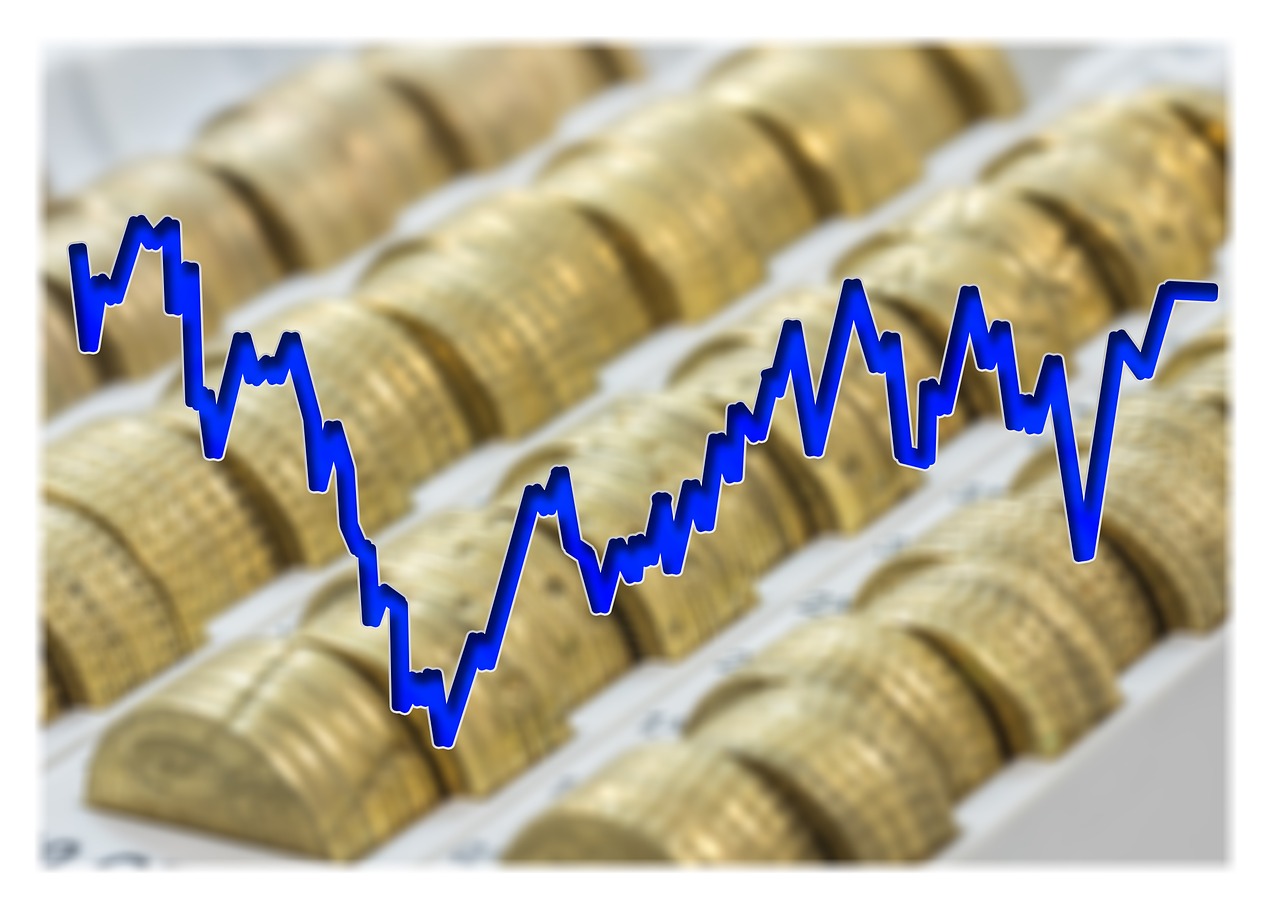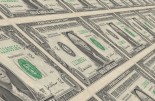Monex: Rising corona infections in the US and euro area put pressure on EUR/USD

The euro is down over half a percentage point against the dollar compared to the start of the week, with rising Covid cases on both sides of the Atlantic weighing on the pair. Below is a short English commentary by Ranko Berich, Head of Research at Monex Europe, on the US dollar, euro and the British pound.
Yesterday’s panel discussion at the European Central Bank Forum saw all three central bank heads from the Fed, ECB and BoE warn that the prospect of a Covid-19 vaccine is not enough to put an end to the economic challenges created by the pandemic.
Bund yields have edged up on the vaccine developments as markets bring forward their expectations of the economic recovery, but vaccine developments may also be priced in already and not change the long-term outlook for the central bankers.
Meanwhile, the latest lockdown measures seem to be working as Covid infections in the eurozone are beginning to flatten, according to the population-adjusted seven-day rolling average, shining a glimmer of hope on the eurozone outlook.
USD
The greenback is trading mixed across the G10 with no clear risk-on or risk-off market direction this morning. Virus cases and hospitalisations in the US hit another record high on Thursday, but markets have not necessarily taken that as a reason to move toward safe haven assets as Federal or state-level restrictions still seem some way off.
The flattening of the infections in the eurozone may help to assuage some market jitters, while lower chances of a contested election may also calm markets with recounts unlikely to change the results. On the data front, US jobless claims fell for a fourth week straight, signalling that layoffs are slowing. The claims for the week that ended Saturday totalled 709,000, well below the expected 731,000. Additionally, new claims filed under the Federal pandemic unemployment assistance fell to 298,000.
While the figures may indicate a recovery stage, the climbing virus cases mean the market’s concerns haven’t dissipated completely. At the ECB Forum, Fed Chair Jerome Powell warned of the resurgence in cases and stated that “with the virus now spreading, the next few months could be challenging”.
As for the recent vaccine developments, he cautioned that “significant challenges and uncertainties remain about timing production, distribution, and efficacy for different groups”, soft-pedalling markets’ optimistic initial reaction towards the Pfizer headlines earlier this week. Regarding fiscal policy, Powell stated that “Congress may need to do more” while also acknowledging that the central bank may need to provide more stimulus too.
GBP
Sterling fell some 0.8% in yesterday’s trading session, resulting in sterling suffering the second-largest amount of losses in the G10 space behind the Norwegian krone. With Bank of England Governor Andrew Bailey speaking at the Financial Times conference early yesterday morning, the pound didn’t suffer too much from the miss in Q3’s GDP print as the governor said the data was broadly in line with the Bank’s expectations.
However, throughout the day, sterling came under renewed pressure from the negative tones being struck from Brexit negotiations, while new case data hit the highest level since the pandemic began with 33,470 new cases reported. The damage to sterling had already been done before Governor Bailey stepped back into the limelight at the ECB forum.
With the conversation shifting to the news of a vaccine and what that means for the global growth outlook, Governor Bailey struck a cautiously optimistic tone. “It’s good news obviously, it’s encouraging and we need encouraging signs but it is true that it is... not here yet in terms of the implementation of it”, Bailey said.
He added that the timeline for a vaccine was broadly in line with the central bank’s expectations. Today, the UK news cycle focuses on the resignation of Dominic Cummings, Boris Johnson’s chief advisor and a key vote leave campaigner.
While Cumming’s resignation won’t be effective until the new year, Citibank highlighted that the pound is likely to rally on the news as the likelihood of Brexit negotiations breaking down instead of a softer deal being struck has diminished. Their prediction seems to have played out so far, with sterling sitting a third of a percentage point higher this morning as the rest of the G10 battles against a stronger dollar.









